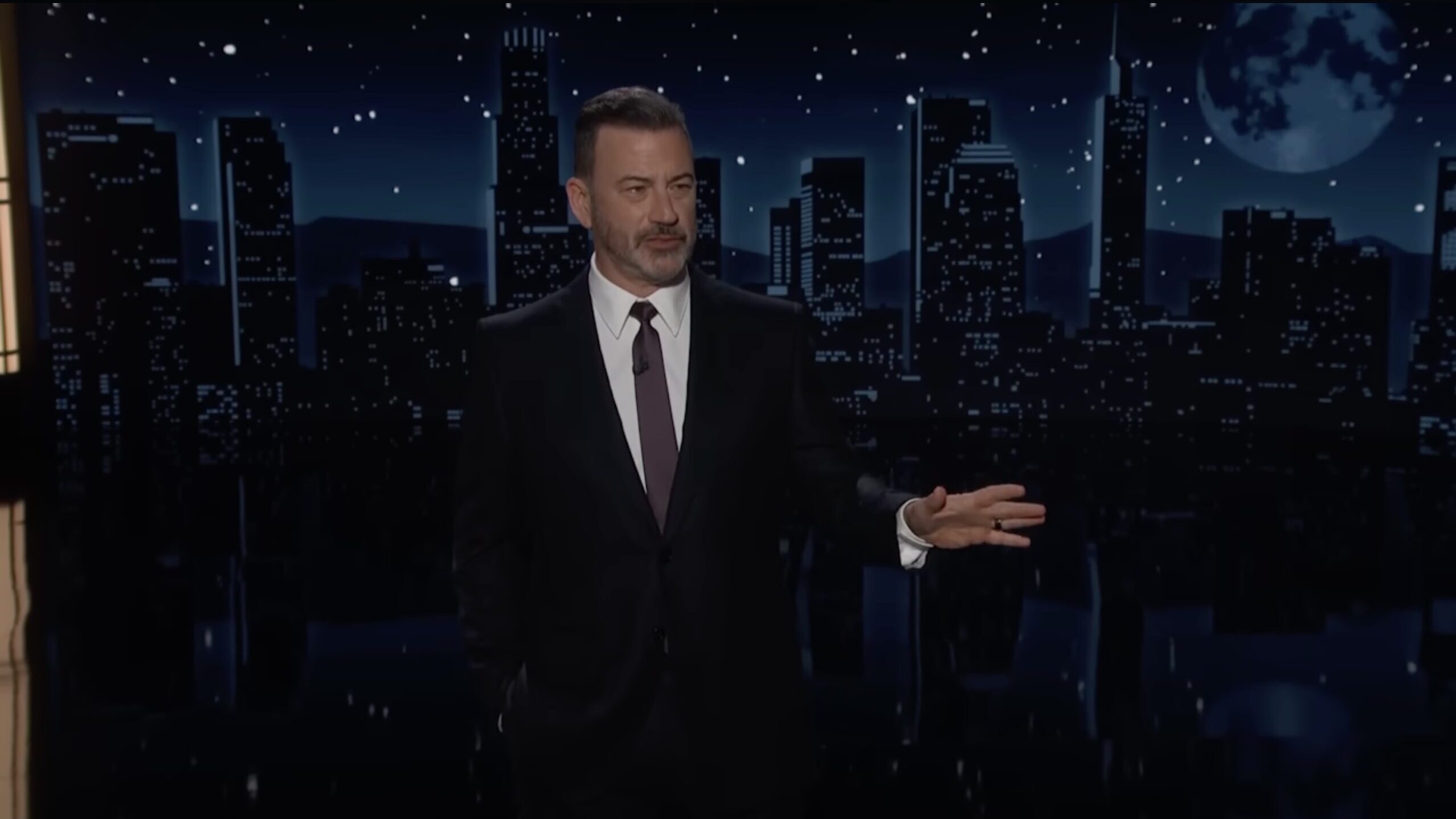Last week, media outlets reported that comedian Jimmy Kimmel was suspended from his show due to alleged authoritarian pressures from President Donald Trump. However, Disney executives clarified that Kimmel's suspension was a business decision related to his inflammatory comments, not a result of political pressure.
Explainer Charlie Kirk Overview
Disney announced Kimmel's return to the air just days after the suspension, stating, "Last Wednesday, we made the decision to suspend production on the show to avoid further inflaming a tense situation at an emotional moment for our country." The network emphasized that the decision was made after thoughtful conversations with Kimmel.
This development contradicts earlier narratives suggesting that Trump's influence was behind Kimmel's suspension. Reuters reported that the suspension illustrated Trump's increasing control over media, while Rolling Stone claimed it was part of a broader campaign for power by Trump and his allies.
Critics, including former President Barack Obama, have accused the current administration of fostering a culture of censorship against media figures who criticize it. Obama stated on social media that the administration has taken cancel culture to a dangerous level by threatening regulatory action against media companies.
Despite these claims, the reinstatement of Kimmel suggests that Disney's actions were not influenced by Trump or the Federal Communications Commission (FCC). If such pressures existed, it is unlikely that Disney would have returned Kimmel to the airwaves so quickly.
The narrative spun by various media outlets appears to have been aimed at portraying Trump as a significant threat to free speech, while diverting attention from Kimmel's controversial remarks regarding Charlie Kirk's alleged assassin. Critics argue that this misrepresentation contributes to a hostile environment and distracts from the real issues at hand.
As the media landscape continues to evolve, the implications of this incident raise questions about the accuracy and motivations behind reporting on political figures and events. The reluctance of some outlets to correct their narratives may further complicate public perception of the political climate.
Brianna Lyman, an elections correspondent at The Federalist, has covered this story and highlighted the discrepancies in media reporting. She emphasizes the need for accountability and transparency in journalism, particularly when it comes to politically charged topics.
Why it matters
- Kimmel's suspension was clarified as a business decision, not political pressure, challenging narratives of Trump's media control.
- The quick reinstatement of Kimmel undermines claims of censorship by the Trump administration, highlighting media misrepresentation.
- Critics argue that the incident reflects broader issues of accountability in journalism and the portrayal of political figures.
What’s next
- Disney's decision to reinstate Kimmel raises questions about future media policies regarding political commentary.
- Calls for accountability in journalism may lead to increased scrutiny of media narratives surrounding political events.

